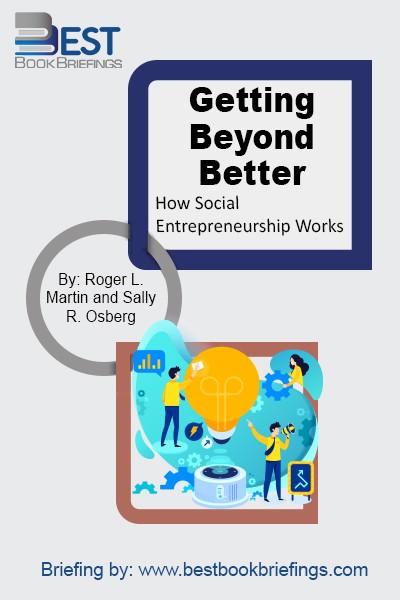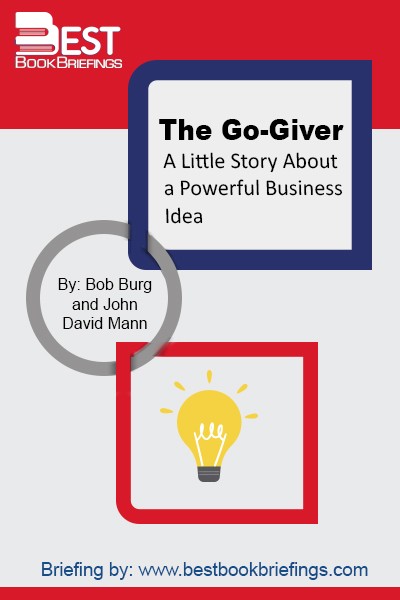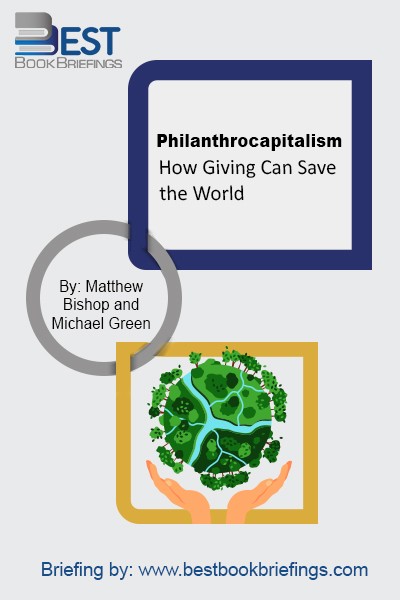Philanthrocapitalism
How Giving Can Save the World
Editorial Review
The problem of our age is the proper administration of wealth, that the ties of brotherhood may still bind together the rich and poor in harmonious relationship.” So wrote Andrew Carnegie in his essay “Wealth,” which first appeared in the North American Review in 1889. Published today as the book The Gospel of Wealth, it is practically holy scripture for many of today’s philanthrocapitalists. In the early twenty-first century, social and environmental challenges proliferate, and friction grows between rich and poor, the proper administration of wealth is again the problem of the age. Carnegie’s approach to that problem is hugely appealing to the successful entrepreneurs who are embracing philanthropy today: That the solution is in their hands.
Book Reviews
Books on Related Topics

Getting Beyond Better sets forth a bold new framework, demonstrating how and why meaningful change actually happens in the world and providing concrete lessons and a practical model for businesses, policymakers, civil society organizations, and individuals who seek to transform our world for good. Roger L. Martin and Skoll Foundation President

The Go-Giver tells the story of an ambitious young man named Joe who yearns for success. Joe is a true go-getter, though sometimes he feels as if the harder and faster he works, the further away his goals seem to be. And so one day, desperate to land a key sale



